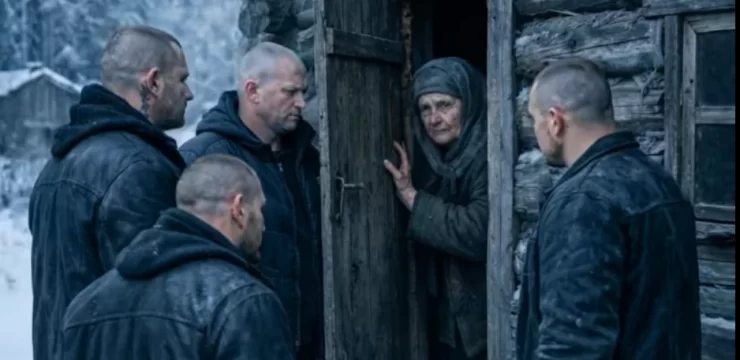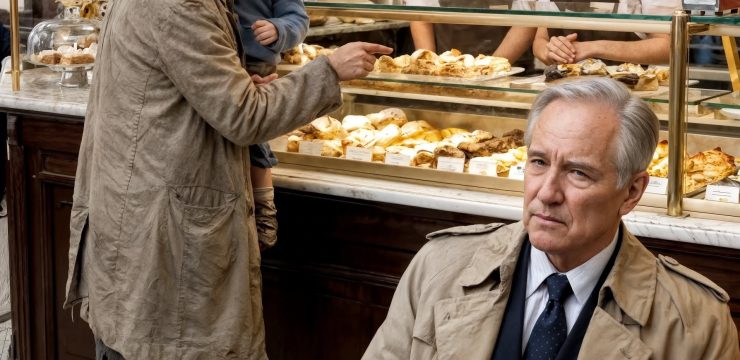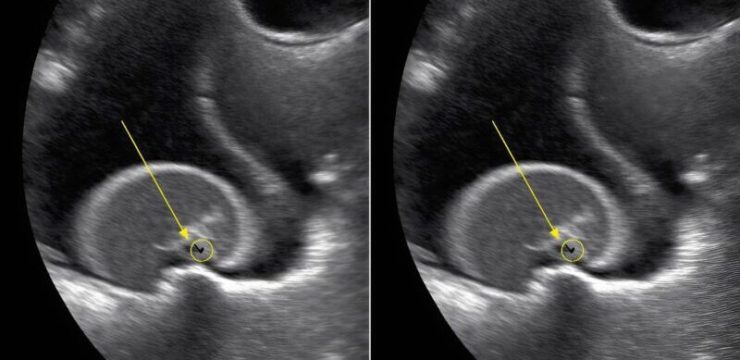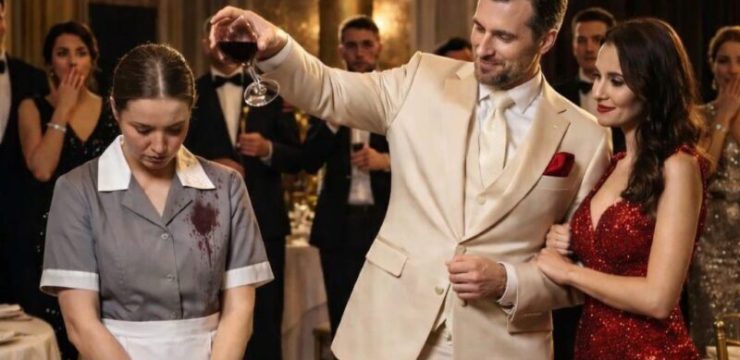Motherhood is one of life’s most extraordinary and timeless responsibilities, a journey embraced by humanity since the dawn of civilization. Whether arriving unexpectedly or after years of hopeful anticipation, becoming a mother transforms lives in both subtle and profound ways. It is a blessing that defies expectations and transcends societal norms, reminding us that every life is precious and every decision to create one deserves respect.
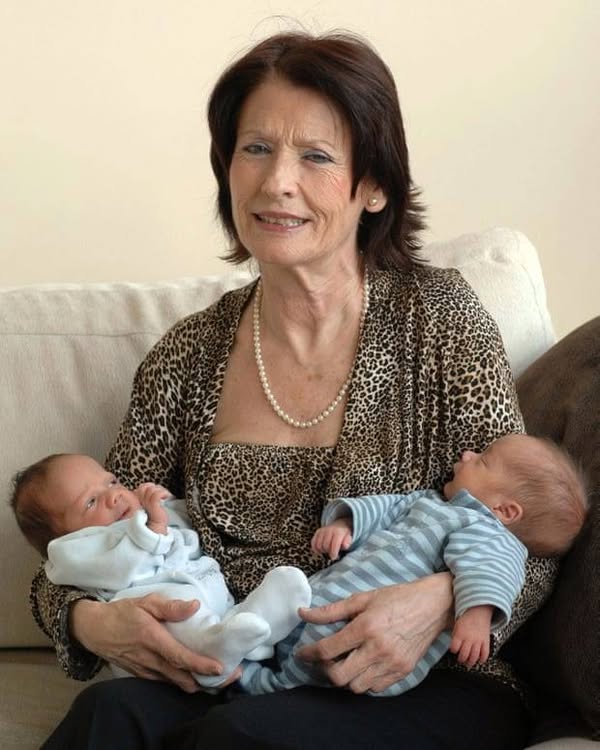
The path to motherhood is as varied as the women who experience it. Some find themselves stepping into the role at a young age, welcoming a new life during their teenage years, while others embark on this journey later in life, often after overcoming significant challenges or enduring long periods of waiting.
There are also those who, despite a deep desire for a child, face obstacles that prevent them from having biological children. In every case, the arrival of a baby is a moment worthy of celebration and recognition, a testament to the resilience and diversity of the human spirit. One story that continues to capture hearts and minds is that of Maria del Carmen Bousada, a woman from Cadiz, Spain, whose determination to become a mother defied conventional wisdom. In 2006, Maria made headlines when she gave birth to healthy twin boys at the age of 66, earning her the title of the world’s oldest living mother at that time. Her story is both inspiring and heart-wrenching, illustrating the lengths a woman might go to fulfill her lifelong dream of motherhood.
Maria, a retired store worker, was willing to sacrifice almost everything to have a child. To afford in vitro fertilization treatment, she reportedly sold her house, and when faced with barriers related to her age, she allegedly told a California fertility clinic that she was only 55. Her actions were driven by a firm belief that every woman should have the freedom to decide when to start a family, free from societal pressure or the expectations of others.
Despite her determination, Maria’s decision was met with mixed reactions. Many admired her courage and tenacity, yet some family members criticized her, considering her choice selfish. When she first announced her pregnancy, relatives even thought she was joking, and for a time, she was forced to keep her news secret. Nevertheless, she persisted, and her unwavering desire culminated in the birth of her twins, Christian and Pau. Tragically, Maria’s joy was short-lived. Just six months after her sons’ birth, she was diagnosed with ovarian cancer—a devastating blow that meant she would never have the opportunity to watch her children grow.
“They’re still babies, so I haven’t told them,” she explained, expressing sorrow that they would never fully understand the struggles that defined her final months. As her health deteriorated rapidly, her family had to step in to care for the boys. Maria passed away in 2009, leaving behind a legacy marked by both courage and heartache, with only a few precious years to share with her children. Her brother, Ricardo, later lamented that perhaps she had pursued motherhood too late in life, yet he also expressed gratitude for the beautiful boys who now held a cherished place in their family.
Neighbors, such as Pilar Pinto from Cadiz, observed that the twins were well cared for and frequently seen in town, though Pinto’s reflective comments underscored the tragedy that Maria was denied the full experience of motherhood. Ultimately, Maria’s story serves as a powerful reminder that the choice to have children is deeply personal and should be respected regardless of age or circumstance. It challenges societal norms and affirms that every woman has the right to pursue her dream of motherhood, even when that journey is fraught with unforeseen hardships. What are your thoughts on a woman choosing to have children in her 60s? Share your opinions and join the conversation as we honor Maria’s memory and celebrate the enduring spirit of motherhood forever.
